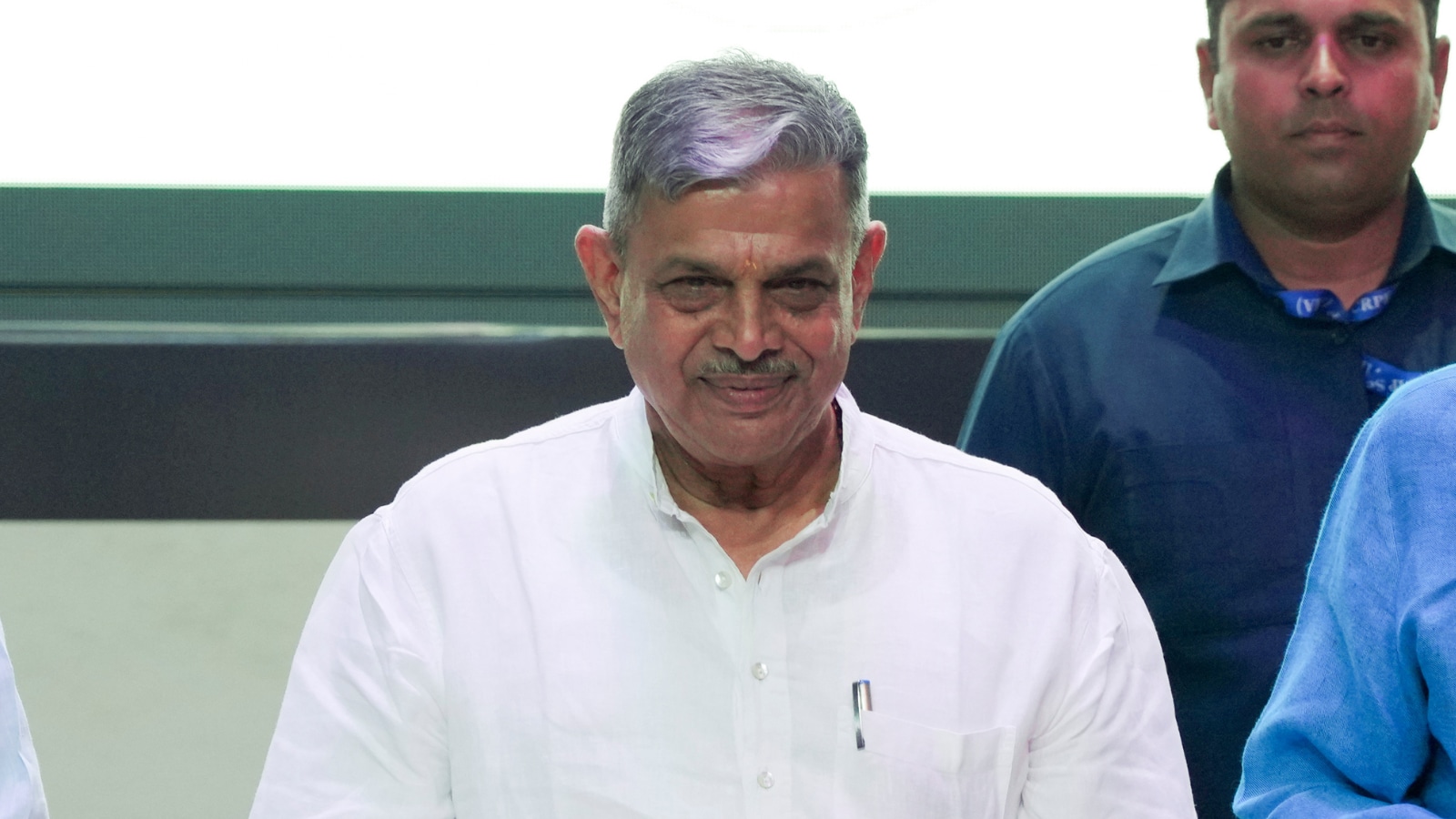Triggering a fresh debate on Constitutional amendments during the period of Emergency, Dattatreya Hosabale, RSS General Secretary, spoke about two of the most contested words in India’s Constitution -socialist and secular.
Speaking at an event marking 50 years since the imposition of Emergency, he questioned the legitimacy of their inclusion into the Preamble in 1976, when Parliament functioned under duress, and the Constitution was amended without open democratic deliberation.
“Shouldn’t there be debate on whether these terms truly align with India’s ethos and founding vision,” Hosabale asked addressing the gathering stressing on the need of a fresh debate.
The reaction from the Congress was immediate and sharp. Calling it a “deliberate assault on the soul of the Constitution,” the Congress accused the RSS and BJP of systematically attempting to undermine BR Ambedkar’s legacy of a just, inclusive, and democratic society in India.
Calling the speech as one of the old propagandas of the RSS, Congress, in a statement, said that this was not just a suggestion, but a continuation of their long-standing agenda. They also cited recent election speeches where BJP leaders openly declared their need for over 400 seats to “rewrite the Constitution, “hinting at the possibility of removal of these two words.
“The people of India saw through their agenda and gave them a resounding answer,” Congress added in their statement referencing the 2024 verdict.
Even as the RSS pushes for introspection and public deliberation into the forced additions of the Emergency era, the Congress vows to protect it as an “unbreakable wall” against any such amendment or revision. With such a controversy taking shape of a political battle, the Preamble has once again become ground zero in India’s political and ideological war.
Sangh vs Socialism
The RSS has never minced words when it comes to the inclusion of socialism in the Preamble. Even though, seniors of the Sangh have not spoken about it publicly until now, the Sangh literature and other documents have multiple mentions of the inclusion as ‘imposed’ .
Explaining the reason behind Sangh’s opposition to the word – Socialist – a senior functionary said, “Sangh is not against social welfare or social justice. But RSS does not agree with any idea that is primarily a western import. It doesn’t align with Bharat’s idea of social-cultural-economic concept. Bharat has traditionally believed in self-reliance. It is a very post-independence foreign idea imported by Congress.”
For the Sangh, socialism is not just an economic idea — it is foreign ideological implant, alien to Bharat’s civilisational values.
Socialism for the RSS is an idea adopted in Nehruvian India, and it built its edifice on state supremacy. The RSS also believes that Socialist idea is based on centralised planning, and a thinly veiled contempt for faith, family, and tradition, which are seen as pillars on which Indian society rests.
Meanwhile, the idea of the RSS for an inclusive Indian society stands on the other side of that spectrum which includes a decentralised, family and community driven and more importantly a dharma-based worldview, rooted self-reliance, and spiritual continuity.
RSS rejected the Socialist views as it essentially spoke about class struggle and class conflict, which are Communist ideas. Socialism, in practice, made the state as the power centre. RSS feels that state-controlled and centralised power always tried to replace temples with institutions, communities with committees. The RSS never subscribed to this. It holds that civil society is the soul of nation-building.
For the word ‘Secular’, Sangh has always maintained that India has been a ‘secular’ land traditionally and culturally. It is in India’s character and it also reflects through its state policy.
